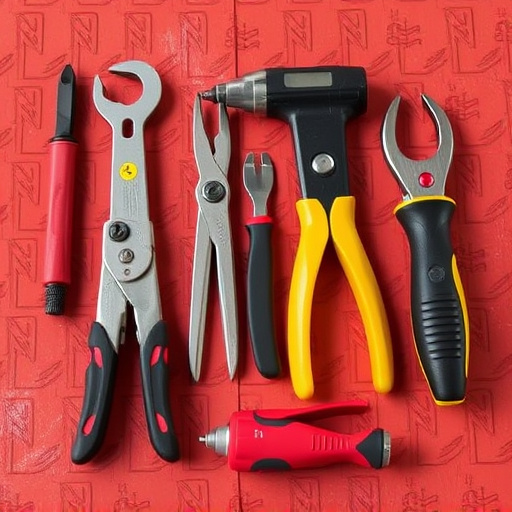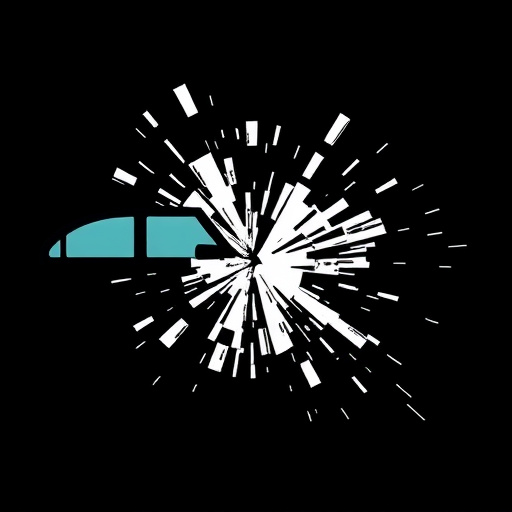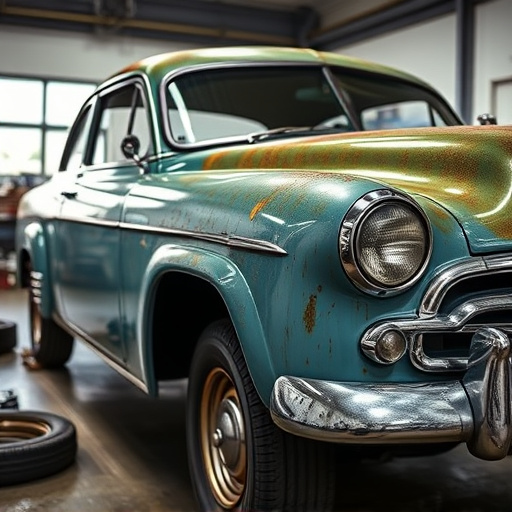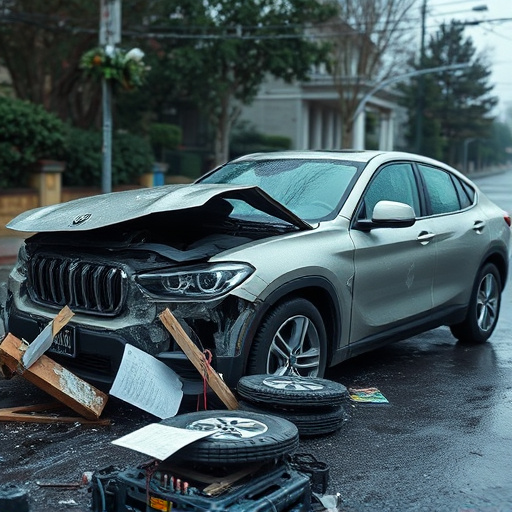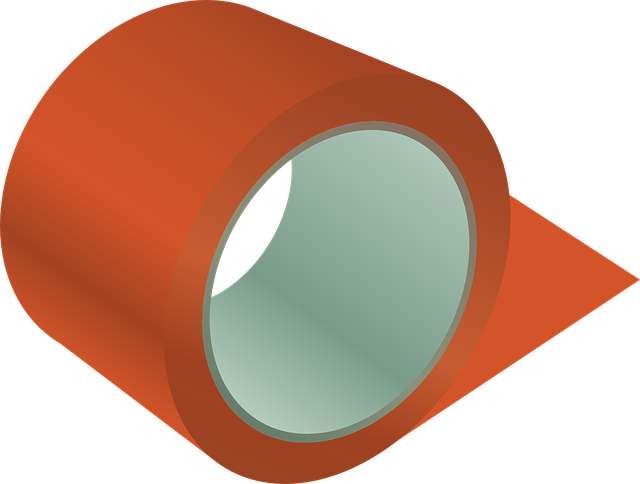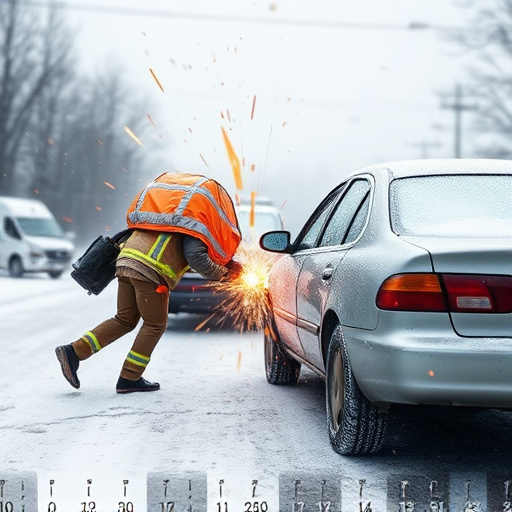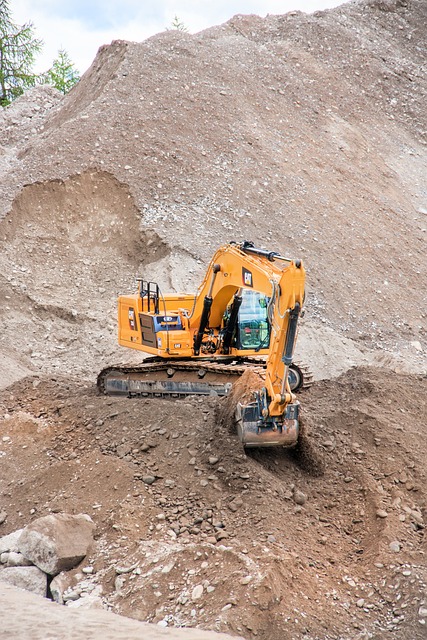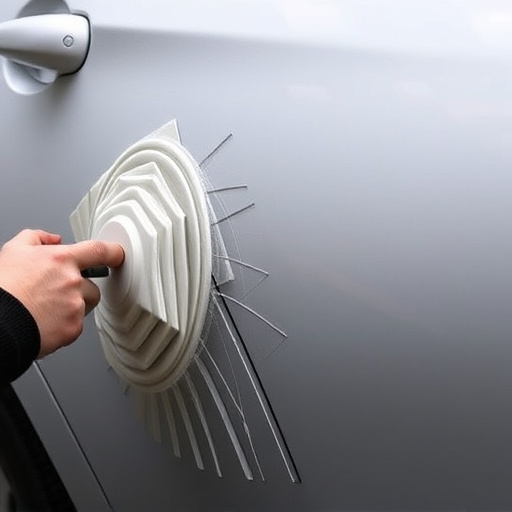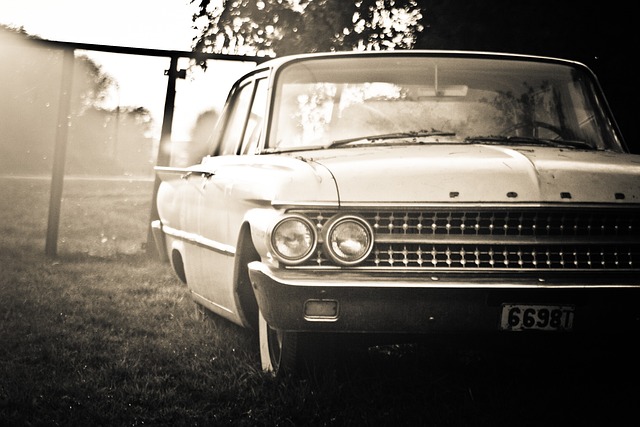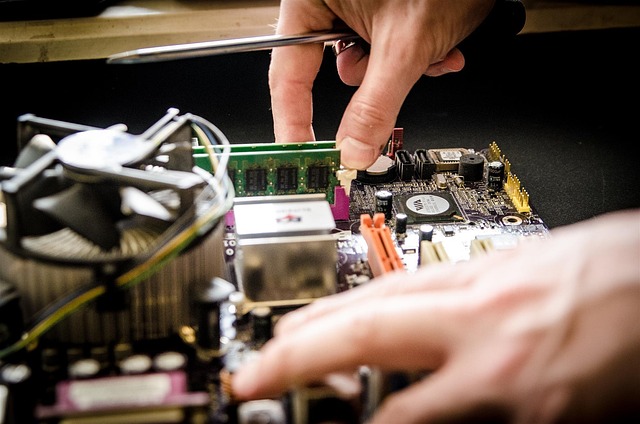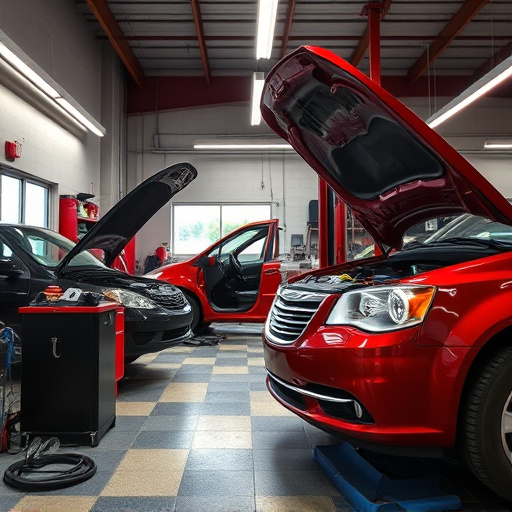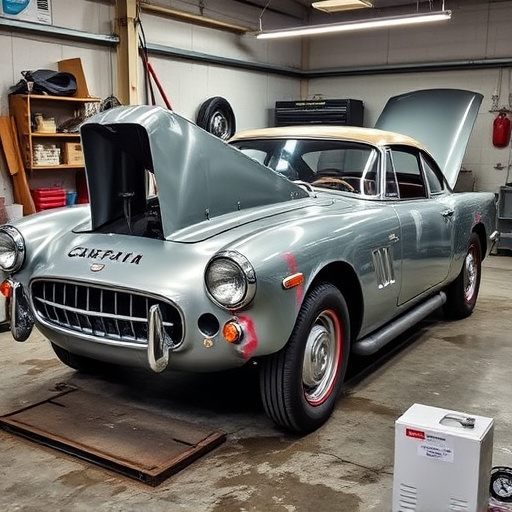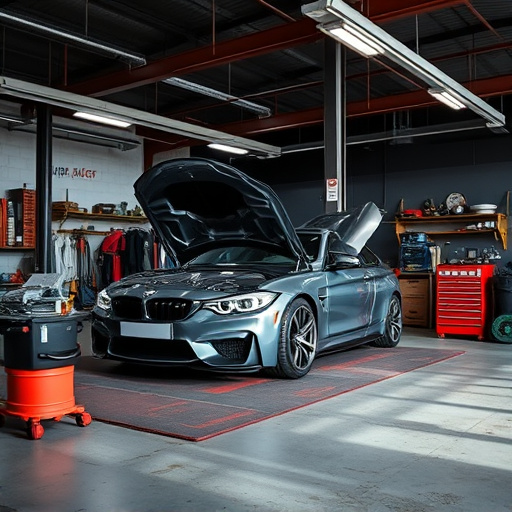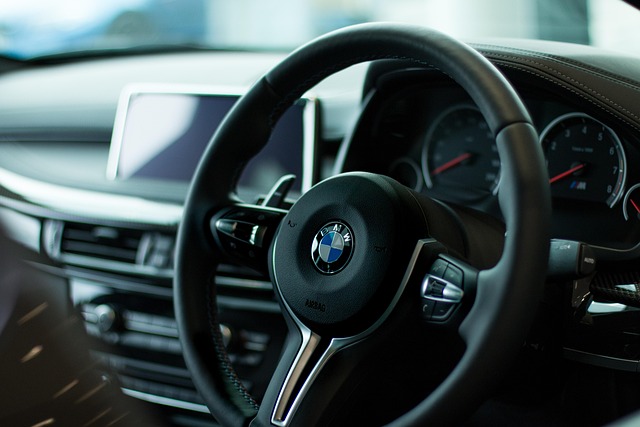A strategic repair vs replace decision balances cost savings with vehicle health. Repair minor cosmetic issues for aesthetics and efficiency; replace structural or critical parts for safety and performance. Consider age, condition, and damage extent to make informed choices that prevent future problems while maintaining resale value.
Making the call between repairing or replacing your vehicle is a significant decision, impacting both your wallet and ride quality. This article guides you through the intricate balance of maintaining versus upgrading your car. We’ll explore the key considerations that shape this choice, from cost estimates to long-term performance effects. By understanding the repair vs. replace dilemma, you can make an informed decision, ensuring optimal vehicle health and performance for years to come.
- Understanding the Repair vs Replace Dilemma
- Factors Influencing Your Decision
- Long-Term Impact on Vehicle Performance
Understanding the Repair vs Replace Dilemma
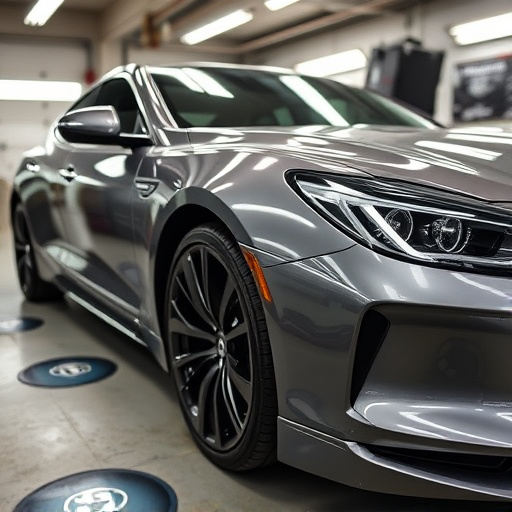
Making a repair vs replace decision for your vehicle can be a tricky balance. On one hand, repairing damaged components can extend the life of your car, save money in the short term, and often preserve its original value. But replacing worn-out parts is sometimes necessary to ensure optimal performance, safety, and prevent further damage down the line. The dilemma arises when repairs become too frequent or expensive relative to replacement costs.
Consider a scenario where a car’s body has sustained minor dents or scratches. A simple car dent removal process could be a cost-effective solution compared to a full auto body repair. Conversely, if a critical part like brakes or an engine is showing signs of serious wear, replacing them promptly becomes crucial for both safety and vehicle performance—a clear case where replacement outweighs the benefits of repairs.
Factors Influencing Your Decision
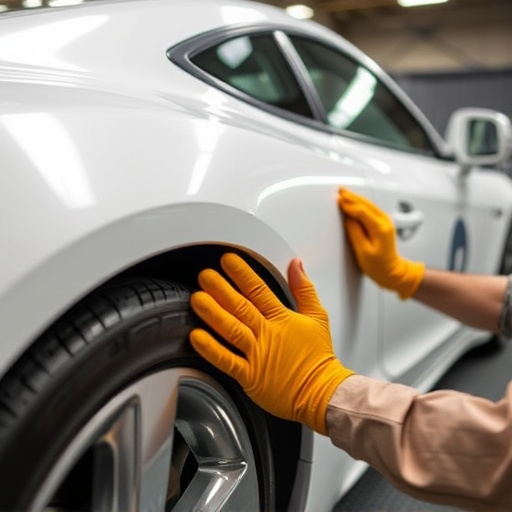
When considering whether to repair or replace damaged car parts, several factors come into play. The age and overall condition of your vehicle are primary considerations. Older cars might benefit more from repairs due to their depreciated value and potential for cost-effectiveness compared to replacement. However, if a vehicle is already near the end of its lifespan, investing in extensive repairs may not be financially sensible.
The extent of the damage is another critical aspect. Minor cosmetic issues like a dented fender or scratches can often be addressed through car bodywork services, making them excellent candidates for repair. In contrast, structural damage, especially to the frame or major components, demands careful evaluation. It might be more prudent to replace these parts to ensure optimal vehicle performance and safety. Additionally, keeping the original equipment can enhance the car’s resale value if you decide to sell it in the future.
Long-Term Impact on Vehicle Performance
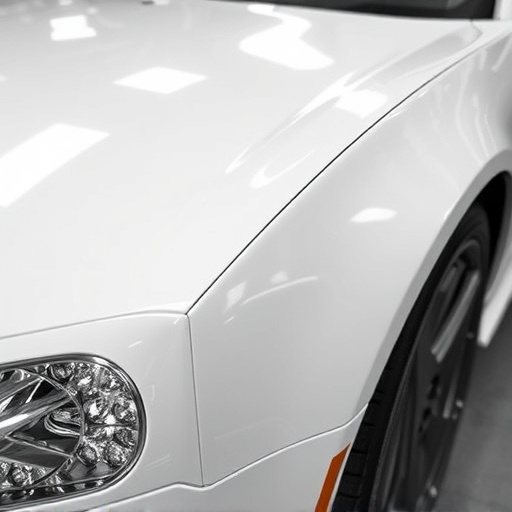
Making a repair vs replace decision is crucial when it comes to long-term vehicle performance. A simple fix, such as a scratch repair or car bodywork restoration, can significantly enhance aesthetics and even improve overall performance in some cases. Vehicle paint repair techniques, for instance, can restore a car’s protective coating, making it more fuel-efficient by reducing drag.
However, if damage is extensive, involving structural integrity issues or multiple components, replacing parts might be the better option. While initial costs for replacement may seem higher, neglecting critical repairs can lead to more severe and costly problems down the line. Ultimately, a thoughtful repair vs replace decision should balance current expenses with future performance and safety considerations.
When facing a repair versus replace dilemma, considering both short and long-term vehicle performance is key. While immediate costs may favor replacement, repairs can extend the life of your vehicle, saving you money in the long run. By understanding the underlying issues, assessing the availability of quality parts and skilled labor, and anticipating future maintenance needs, you can make an informed decision that best suits your budget and drives smoothly into the future.
